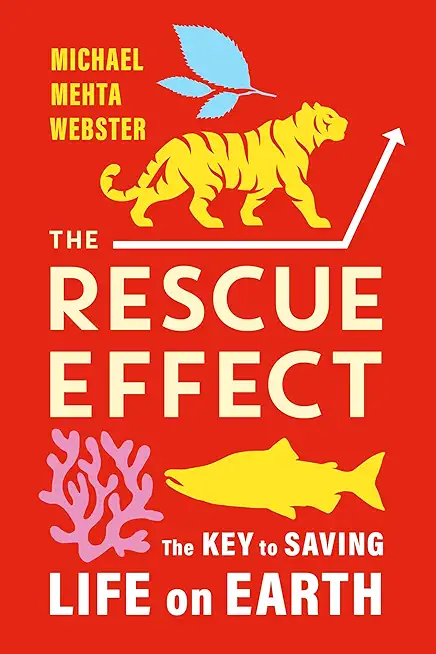
description
9"Details profound examples of life's resilience and makes a convincing case that the natural world still has a lot worth fighting for." --Paul Greenberg, New York Times bestselling author of Four Fish and The Climate Diet As climate change continues to intensify, the outlook for life on Earth often seems bleak. Yet hope for the future can be found in the "rescue effect," which is nature's innate ability to help organisms persist during hard times. Like a thermostat starting the air conditioning when a room gets too warm, the rescue effect automatically kicks in when organisms are stressed or declining. In The Rescue Effect, Michael Mehta Webster reveals the science behind nature's inherent resilience, through compelling stories of species that are adapting to the changing world--including tigers in the jungles of India, cichlid fish in the great lakes of Africa, and corals in the Caribbean. In some cases, like the mountain pygmy-possum in the snowy mountains of southeast Australia, we risk losing species without intensive help from people. As observers to--and the cause of--species declines, we must choose whether and how to help, while navigating challenging questions about emerging technologies and the ethics of conservation actions. Ultimately, Webster argues that there are good reasons to expect a bright future, because everywhere we look, we can see evidence that nature can rescue many species from extinction; and when nature alone is not up to the task, we can help. Combining rigorous research with gripping storytelling, The Rescue Effect provides the cautious optimism we need to help save life on Earth.
member goods
No member items were found under this heading.
Return Policy
All sales are final
Shipping
No special shipping considerations available.
Shipping fees determined at checkout.







